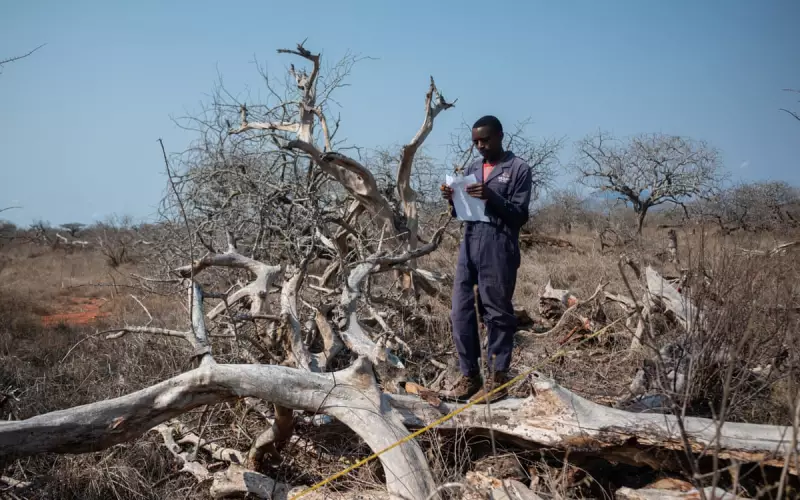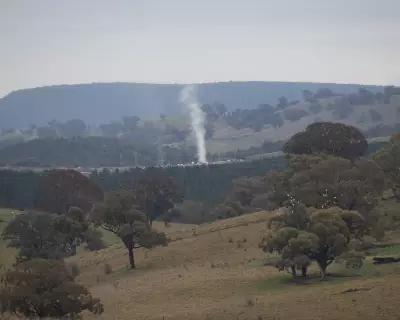
The voluntary carbon offset market, once valued at nearly $2 billion, is experiencing a catastrophic collapse that threatens to undo years of environmental protection efforts. New data reveals transactions have plummeted by over 90% from their 2021 peak, leaving conservation projects worldwide in financial peril.
The domino effect on forest conservation
Across tropical regions from Peru to the Democratic Republic of Congo, forest protection initiatives that relied heavily on carbon credit funding now face an uncertain future. These projects were designed to prevent deforestation by making conservation economically viable through the sale of carbon offsets to companies and individuals.
The scale of the collapse is staggering - from approximately 160 million credits traded in 2021 to just 13 million this year. This represents a fundamental breakdown in a system that many major corporations had embraced as part of their net-zero commitments.
Why the market imploded
Several critical factors converged to trigger this market failure:
- Scientific credibility crisis exposing that many credits didn't represent genuine emissions reductions
- Corporate retreat from climate commitments amid economic pressures
- Lack of standardized regulation and verification protocols
- Growing recognition that offsetting cannot replace actual emissions reduction
Professor Julia Jones of Bangor University, a conservation science expert, explains the human impact: "We're already seeing job losses in Madagascar. The very people who were protecting forests are now having to consider alternative livelihoods that might involve cutting trees down."
The urgent search for alternatives
With the carbon credit model failing, conservationists and policymakers are scrambling for solutions. Some propose:
- Direct government funding for forest protection
- Corporate partnerships that bypass the credit system entirely
- International climate finance mechanisms
- Community-based conservation models with diversified funding
However, these alternatives face their own challenges, including political will, funding consistency, and the sheer scale of financial need.
A watershed moment for climate action
This market collapse represents more than just a financial failure - it signals a fundamental shift in how businesses and governments approach emissions reduction. The easy solution of purchasing offsets to compensate for pollution is no longer viable, forcing a reckoning with the hard work of actually reducing emissions at source.
As one industry insider noted: "The era of cheap, easy carbon neutrality is over. We're now facing the reality that protecting forests requires genuine investment and systemic change, not just accounting tricks."
The coming months will prove critical for determining whether new, more robust systems can emerge to protect the world's vital forests, or whether this market failure will lead to accelerated deforestation and climate consequences we can ill afford.





